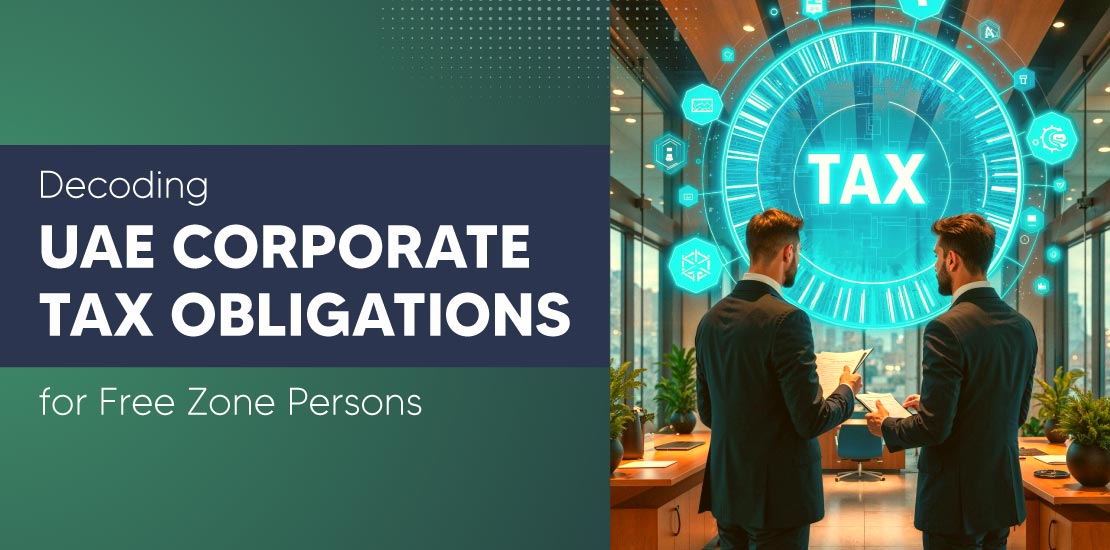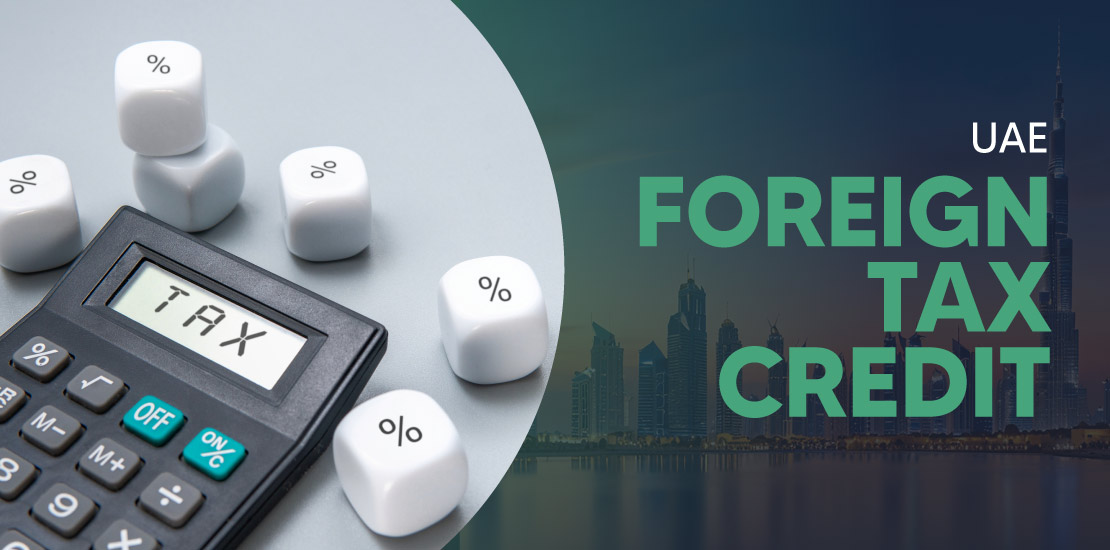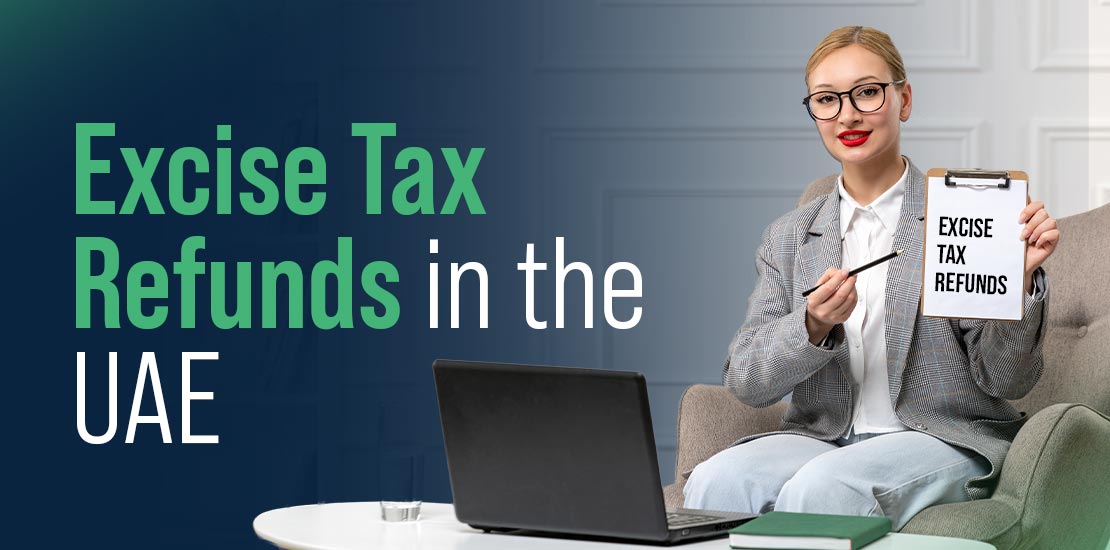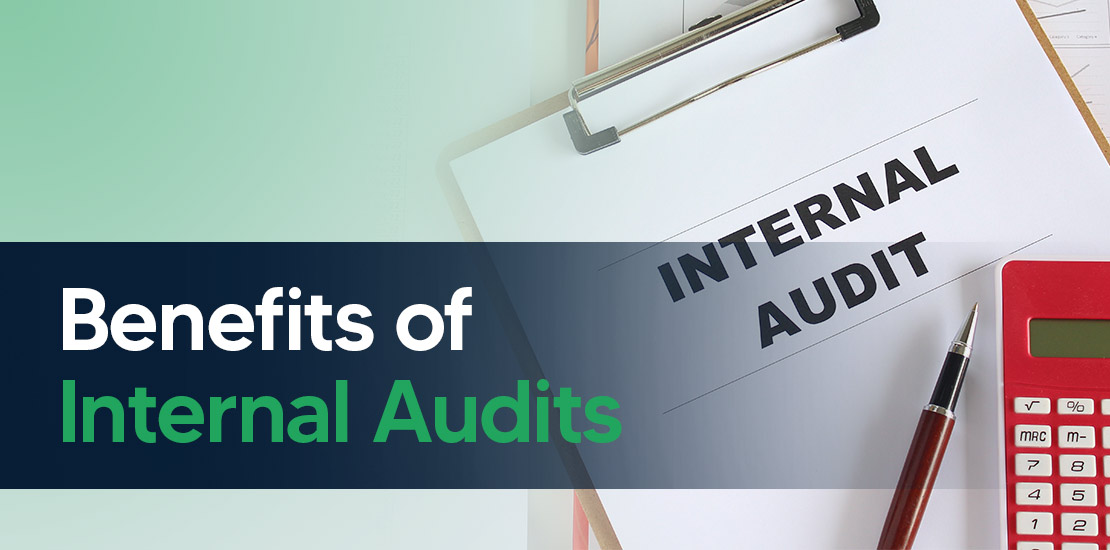Table of Contents
- UAE Corporate Tax in Free Zones
- What are Free Zones in the UAE?
- Understanding UAE Corporate Tax for Free Zone Persons
- Tax Rates for Free Zone Persons
- Will Free Zones Be Affected by Corporate Tax?
- What is a Qualifying Activity?
- What is Qualifying Income?
- Conditions for Qualifying Free Zone Person
- What are Qualifying Activities and Non-Qualifying Activities?
- Tax Applicability for Different Types of Entities
- What is the De Minimis Tax Rule?
- Navigating UAE Corporate Tax for Free Zone Persons with Shuraa Tax!
- FAQs
The implementation of UAE Corporate Tax for Free Zone Persons marks a significant shift in the country’s tax landscape, especially for businesses that have long benefited from zero-tax incentives. Free Zone Persons are now required to carefully assess how these rules apply to their operations, income sources, and ongoing eligibility for tax exemptions.
While the UAE continues to position its free zones as competitive hubs for international trade and investment, the introduction of a corporate tax regime introduces new criteria to distinguish between qualifying and non-qualifying income. For Free Zone Persons, understanding these nuances is essential to maintain compliance, optimise tax efficiency, and fully leverage the advantages offered by the UAE’s free zone framework.
This guide explains the key provisions, eligibility requirements, and strategic considerations every Free Zone Person should know under the new corporate tax system.
UAE Corporate Tax in Free Zones
The UAE introduced federal corporate tax in June 2023. Still, Free Zone Persons (businesses registered in UAE Free Zones) benefit from a unique tax framework designed to maintain the country’s competitiveness as a global business hub.
Free Zones were established to attract foreign investment with incentives such as 100% foreign ownership, simplified import/export procedures, and favourable tax regimes. Under the new corporate tax law, these zones continue to enjoy significant advantages, provided certain conditions are met.
Key Features:
- Qualifying Income: Free Zone companies can enjoy a 0% corporate tax rate on income derived from transactions with businesses outside the UAE, within the same Free Zone, or other Free Zones, as long as these are considered “qualifying activities.”
- Non-Qualifying Income: Income earned from mainland UAE (non-Free Zone) entities or non-qualifying activities is generally subject to the standard 9% corporate tax rate.
- Substance Requirements: To benefit from the 0% tax rate, Free Zone Persons must maintain adequate economic substance, including a real office space, active operations, and a sufficient number of employees within the Free Zone.
- Compliance Obligations: Even if a Free Zone entity qualifies for the 0% tax rate, it must register, file annual tax returns, and maintain proper records to remain compliant with the Federal Tax Authority (FTA).
- Optional Election: In some cases, Free Zone companies can opt to be taxed at 9% if they expect to have mostly non-qualifying income.
Why this matters:
The UAE’s corporate tax regime strikes a balance between its need for global alignment with OECD tax principles and preserving the attractiveness of Free Zones. Businesses operating in Free Zones should carefully assess their income streams and structure to ensure they maximise tax efficiency without breaching compliance requirements.
What are Free Zones in the UAE?
Free Zones in the UAE are designated special economic areas that offer businesses a range of commercial benefits and tax incentives to attract foreign investment. They were introduced to diversify the UAE’s economy beyond oil and create a global hub for trade, logistics, finance, technology, and manufacturing.
Key Features of UAE Free Zones
- 100% Foreign Ownership – Foreign investors can fully own companies in Free Zones without requiring a local partner.
- Tax Incentives – Traditionally, Free Zone companies have enjoyed exemptions from corporate and personal income taxes. Under the new corporate tax law, many still qualify for a 0% corporate tax rate on qualifying income.
- Customs Benefits – Goods imported, manufactured, and re-exported within Free Zones are usually exempt from customs duties.
- Simplified Setup Process – Free Zones often offer streamlined company formation, licensing, and visa processing.
- Sector-Specific Zones – Many Free Zones focus on particular industries, such as media (Dubai Media City), finance (Dubai International Financial Centre), aviation (Dubai Airport Free Zone), or logistics (Jebel Ali Free Zone).
- Modern Infrastructure – Free Zones provide world-class office space, warehousing, and logistics facilities to support global operations.
Why Free Zones Matter
- For Startups: Quick setup and lower costs make Free Zones an attractive option for entrepreneurs.
- For multinationals: A prime location between Europe, Asia, and Africa provides easy access to regional markets.
- For the UAE Economy: They help diversify revenue sources, boost trade, and encourage innovation.
Understanding UAE Corporate Tax for Free Zone Persons
In the UAE, Free Zone Persons are businesses or individuals that operate exclusively within one of the country’s designated free zones. These zones provide unique advantages, including exemptions from certain taxes and streamlined regulations, to encourage investment and economic growth. With the new UAE corporate tax framework, Free Zone Persons need to understand how their income may be impacted.
1. Natural Person
A natural person in this context refers to an individual operating a business in the UAE. If their business income exceeds AED 1 million in a year, it becomes subject to UAE corporate tax. Income from employment or investments that do not require a trade license is exempt from taxation under this regime.
2. Juridical Person
Juridical persons are legal entities such as companies, partnerships, or corporations recognised by UAE law. These entities are required to pay corporate tax on profits earned from business activities within the UAE, including those conducted in free zones.
By understanding these rules, Free Zone Persons, whether individual entrepreneurs or corporate entities, can plan their operations efficiently and ensure compliance with the UAE corporate tax system.
Tax Rates for Free Zone Persons
Free Zone Persons in the UAE benefit from a specially structured corporate tax regime, designed to encourage investment while ensuring compliance with the UAE Corporate Tax law. The applicable tax rates depend on whether the entity is a natural person or a juridical person, as well as the level of taxable income.
Key Points for Free Zone Persons:
1. 0% Corporate Tax
- Many Free Zone Persons may continue to enjoy a 0% corporate tax rate if they meet certain conditions, such as deriving income solely from within the free zone and complying with all regulatory requirements.
- This makes free zones an attractive option for startups, multinational subsidiaries, and export-oriented businesses.
2. Standard Corporate Tax Rate
- Free Zone Persons whose taxable income exceeds the AED 1 million threshold, or who earn income from outside the free zone, may be subject to the standard UAE corporate tax rate of 9%.
- This applies to both natural and juridical persons if they do not qualify for exemptions or incentives provided to free zone businesses.
3. Exemptions & Conditions
- Free Zone Persons must maintain adequate substance, proper financial reporting, and licensing compliance to qualify for preferential tax treatment.
- Tax incentives may vary between free zones, so businesses must check the specific rules applicable to their zone.
Free Zone Persons can either benefit from 0% tax under qualifying conditions or be liable for the 9% standard corporate tax if thresholds are exceeded or regulatory conditions are not fully met. Understanding these rates is crucial for planning business operations and maximising benefits under the UAE corporate tax system.
Will Free Zones Be Affected by Corporate Tax?
Yes, Free Zones in the UAE will be affected by the new corporate tax regime, but the impact depends on how Free Zone Persons operate and structure their businesses. While free zones were historically tax-exempt, the introduction of UAE corporate tax means that even businesses in these zones need to understand their obligations.
How Free Zone Persons Are Affected:
- Qualified Free Zone Persons – Businesses that meet all regulatory requirements and generate income primarily within the free zone can continue to enjoy preferential tax treatment, often at a 0% corporate tax rate.
- Income Thresholds – If a Free Zone Person’s taxable income exceeds AED 1 million, or if they earn income outside the free zone, the standard corporate tax rate of 9% may apply.
- Compliance Requirements – Free Zone Persons must maintain proper financial records, have adequate economic substance, and comply with licensing regulations to benefit from tax incentives. Failure to meet these conditions can trigger corporate tax liability.
Zones remain attractive for investors, but they are no longer automatically exempt from corporate tax. Free Zone Persons must carefully assess their business activities, income sources, and compliance obligations to ensure they maximise available benefits under the UAE Corporate Tax for Free Zone Persons.
What is a Qualifying Activity?
In the context of UAE corporate tax, a Qualifying Activity refers to specific business operations that a Free Zone Person can conduct to benefit from preferential tax treatment. Not all activities automatically qualify; only those recognised by the free zone authority and aligned with the UAE corporate tax rules are eligible.
Key Features of Qualifying Activities:
- Approved Business Operations: The activity must be explicitly permitted under the free zone’s licensing regulations. Examples often include trading, manufacturing, consulting, IT services, and export-oriented activity.
- Income Source Requirement: Only income generated directly from these qualifying activities within the free zone is considered for the 0% corporate tax rate. Revenue from activities outside the approved scope may be subject to taxation at the standard rate.
- Substance Alignment: The activity should be supported by tangible business presence, such as employees, offices, or equipment within the free zone. This ensures the business is genuinely operating rather than existing only on paper.
- Compliance with Free Zone Rules: To maintain the benefits, the business must continue to meet the reporting, licensing, and regulatory requirements associated with its qualifying activities.
Only businesses carrying out qualifying activities can enjoy corporate tax incentives in free zones. Understanding what counts as a qualifying activity helps Free Zone Persons plan their operations, avoid penalties, and maximise tax efficiency.
What is Qualifying Income?
In the UAE corporate tax framework, Qualifying Income refers to revenue or profits earned by a Free Zone Person that are eligible for preferential tax treatment, such as the 0% corporate tax rate. Not all income earned by free zone businesses automatically qualifies; only income arising from approved activities and sources is considered.
Key Characteristics of Qualifying Income:
- Derived from Qualifying Activities: The income must originate from business operations recognised as qualifying activities by the free zone authority, such as trading, consulting, IT services, manufacturing, or export-focused services.
- Within Free Zone Operations: To be treated as qualifying, the income must be generated from activities carried out within the free zone itself. Revenue from outside the free zone may be subject to the standard corporate tax regime.
- Compliant with Regulatory Requirements: Only income from businesses that maintain proper records, comply with licensing rules, and meet substance requirements qualifies. Non-compliant operations can result in the partial or complete loss of tax benefits.
- Exclusions: Passive income such as personal investments, employment wages, or unrelated business activities, typically do not count as qualifying income for Free Zone Persons.
Why It Matters:
Identifying and maintaining a qualifying income is essential for Free Zone Persons to benefit from UAE corporate tax incentives. Proper planning ensures businesses maximise their tax efficiency while remaining fully compliant.
Conditions for Qualifying Free Zone Person
Not all businesses in UAE free zones automatically benefit from corporate tax incentives. To be recognised as a Qualifying Free Zone Person, a company or individual must meet certain conditions set under the UAE corporate tax rules. These requirements ensure that tax benefits are reserved for businesses genuinely operating within free zones.
Key Conditions:
- Incorporation in a Free Zone: The entity must be legally registered and licensed to operate within one of the UAE’s designated free zones.
- Eligible Activities: Income must arise from activities approved by the free zone authority. Certain prohibited or excluded business activities may disqualify a Free Zone Person from preferential tax treatment.
- Substance Requirements: The business must maintain adequate economic substance in the free zone. This includes having an office, employees, and operations aligned with the nature of its licensed activities.
- Regulatory Compliance: The entity must comply with all free zone regulations, including reporting, licensing, and filing requirements.
- Income Limitations: Only income derived from eligible sources within the free zone is considered for the 0% corporate tax rate. Income earned outside the free zone or exceeding certain thresholds may be taxed at the standard rate.
By fulfilling these conditions, Free Zone Persons can retain their 0% corporate tax benefits, making it essential for businesses to carefully manage operations, licensing, and reporting in line with UAE corporate tax rules.
What are Qualifying Activities and Non-Qualifying Activities?
In the context of UAE Corporate Tax for Free Zone Persons, understanding the distinction between Qualifying Activities and Non-Qualifying Activities is crucial, as only income from qualifying activities is eligible for the 0% corporate tax rate in Free Zones. Here’s a detailed breakdown:
| Activity Type | Definition | Examples | Tax Treatment |
| Qualifying Activities | Activities eligible for Free Zone tax benefits | Export of goods, IT/consulting services, IP licensing, and manufacturing | 0% corporate tax (if other conditions met) |
| Non-Qualifying Activities | Activities outside the scope of Free Zone benefits | Trading on the mainland without approval, unrelated investments, income from non-Free Zone operations | Standard UAE corporate tax (9%) |
Tax Applicability for Different Types of Entities
The UAE corporate tax framework applies differently depending on the type of entity and the nature of its business activities. Understanding these distinctions is crucial for ensuring compliance and optimising tax obligations.
1. Mainland Companies
All companies registered in the UAE mainland are subject to corporate tax on their global income, meaning profits earned both inside and outside the country are considered for taxation. This ensures that mainland businesses contribute appropriately under the UAE corporate tax system.
2. Free Zone Companies
Free Zone Persons can enjoy special tax benefits, including a 0% corporate tax rate on qualifying income. To retain this status, entities must comply with the free zone’s regulatory requirements, maintain proper accounting records, and conduct eligible business activities as defined under the UAE corporate tax rules.
3. Foreign Companies with Permanent Establishments (PEs)
Foreign businesses operating in the UAE through a Permanent Establishment are liable to pay corporate tax on income generated within the UAE. Only profits attributable to the PE are taxed, ensuring that international businesses are compliant without incurring tax on their global earnings outside the UAE.
4. Individuals with Commercial Licenses
Individuals carrying out business activities under a UAE commercial license—whether as sole proprietors or freelancers—are subject to corporate tax on their business income. This ensures that natural persons conducting commercial activities are included under the UAE corporate tax regime.
The UAE corporate tax system encompasses a wide range of entities, including mainland companies, Free Zone Persons, and licensed individuals. Each category has specific rules and conditions, making it essential for businesses and entrepreneurs to understand their tax responsibilities thoroughly.
What is the De Minimis Tax Rule?
The De Minimis Tax Rule is a tax principle employed in many countries that allows for the exclusion of tiny amounts of income, transactions, or benefits from taxation, as they are deemed too trivial to warrant tax collection. The term “de minimis” comes from the Latin phrase “de minimis non curat lex”, which means “the law does not concern itself with trifles.”
Here’s a breakdown of how it works:
1. Purpose:
- The rule is designed to reduce the administrative burden for both taxpayers and tax authorities. If the taxable amount is minimal, it is not worth the cost and effort of taxing it.
2. Common Applications:
- Income: Small gifts, reimbursements, or allowances provided by an employer may not be taxed if they fall under the de minimis threshold.
- Goods and Services: In customs or VAT law, items of very low value may be exempt from taxes.
- Corporate Tax: Some countries allow minor foreign transactions or benefits below a set threshold to be ignored for tax purposes.
3. Example:
- If an employer gives each employee a gift worth $50 once a year, and the de minimis threshold for gifts is $100, this gift would not be taxed.
- Small errors in invoicing or minor currency gains below a certain threshold might also be ignored under this rule.
4. Key Point:
- The specific threshold for what counts as “de minimis” varies by country, tax type, and context. Always check local tax laws to see the applicable limits.
Navigating UAE Corporate Tax for Free Zone Persons with Shuraa Tax!
The introduction of UAE Corporate Tax for Free Zone Persons reflects the UAE’s commitment to aligning with global tax standards while preserving the benefits that make its free zones internationally competitive.
For Free Zone Persons, this means that while preferential tax rates, such as the 0% corporate tax on qualifying income- remain available, they are no longer automatic. Businesses must now ensure they meet substance requirements, comply with reporting obligations, and correctly classify qualifying versus non-qualifying income to maintain these advantages.
Navigating these changes requires careful planning and a clear understanding of the UAE corporate tax framework. Partnering with experts like Shuraa Tax can help businesses structure their operations efficiently, stay fully compliant, and optimise their tax position under the new regime.
Whether you are a startup, multinational subsidiary, or individual entrepreneur, proactive tax planning is essential to secure the benefits of operating in the UAE Free Zones. Shuraa Tax – Your trusted partner for UAE Corporate Tax compliance.
📞 Call: +(971) 44081900
💬 WhatsApp: +(971) 508912062
📧 Email: info@shuraatax.com
FAQs
Q1. What is Free Zone Corporate Tax in UAE?
Free Zone Corporate Tax is a specific UAE corporate tax regime that allows qualifying businesses in designated Free Zones to benefit from preferential tax treatment. Eligible Free Zone entities may enjoy a 0% corporate tax on qualifying income, subject to meeting certain conditions.
Q2. What are the Tax Rates and Thresholds for Free Zone Entities?
Qualifying Free Zone entities can enjoy a 0% corporate tax on qualifying income. However, if the entity earns income outside the Free Zone or fails to meet eligibility requirements, regular UAE corporate tax rates may apply.
Q3. What is the Taxation Process for Free Zone Entities in the UAE?
The taxation process includes:
- Registering with the UAE Federal Tax Authority (FTA)
- Determining taxable income
- Filing annual corporate tax returns
- Claiming eligible exemptions and benefits for qualifying income
Q4. What are Free Zone Entities’ Obligations Regarding Filing and Reporting?
Free Zone entities must:
- Maintain proper accounting records
- Submit annual corporate tax returns to the FTA
- Report any non-qualifying income earned outside the Free Zone
- Notify the FTA of any changes in business activity or ownership
Q5. What are the Free Zone Corporate Tax Filing Documents?
Required documents typically include:
- Financial statements (audited, if applicable)
- Corporate tax return forms
- Details of income and expenses
- Supporting documents for exemptions and qualifying income
Q6. What is the Free Zone Corporate Tax Filing Timeline?
- Annual corporate tax returns must generally be filed within 9 months of the end of the financial year.
- Deadlines may vary depending on the Free Zone authority and the nature of the business.
Q7. What are the Penalties for Non-Compliance with Free Zone Corporate Tax?
Penalties can include:
- Fines for late or inaccurate filing
- Penalties for failure to maintain proper records
- Interest on unpaid taxes
- Potential loss of Free Zone tax benefits
Q8. How Do Corporate Tax Benefits Work for Free Zone Businesses?
- Eligible Free Zone entities can enjoy 0% corporate tax on qualifying income.
- Tax benefits help attract investment, reduce costs, and encourage business growth within Free Zones.
- Benefits apply as long as the entity meets all compliance requirements and conducts qualifying activities.
Q9. What’s the Difference Between Corporate Tax in the Mainland and Free Zones?
- Mainland Companies: Subject to UAE corporate tax on worldwide income.
- Free Zone Entities: Can benefit from preferential 0% tax on qualifying income, provided they meet conditions set by the FTA and Free Zone authority.
- Free Zone tax benefits are generally not applicable if income is earned outside the Free Zone or if compliance requirements are not met.













